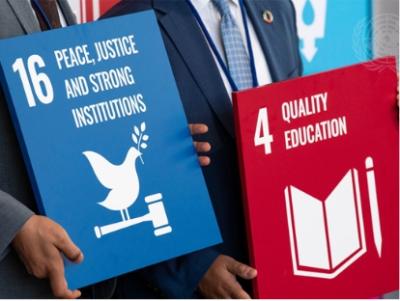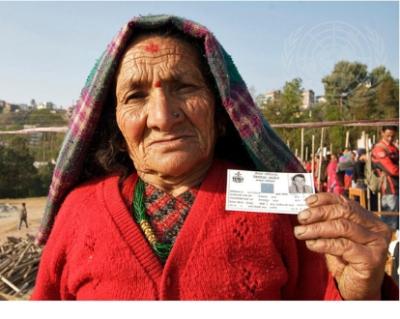UN DESA/DPIDG’s work focuses on promoting transformational leadership and new mindsets, participation and accountability, effective public institutions for the SDGs, e-government, innovation in public service delivery and local governance for the implementation of the SDGs. SDG 16 provides the overarching framework for this work, which aims to foster effective, accountable and inclusive public institutions, and promote public services that support integrated, inclusive and innovative approaches for the implementation of the 2030 Agenda.
The work of the Division builds on the 11 principles of effective governance for sustainable development formulated by the UN Committee of Experts on Public Administration (CEPA) and endorsed by the UN Economic and Social Council.
The Division produces and provides access to a wealth of resources – from publications, policy briefs, innovative practices to strategy guidance notes, training of trainers toolkits, handbooks, e-learning, training courses and other methodologies – that can assist countries in developing capacities for effective governance for sustainable development. These are intended to enable public administrations and public servants to manage integrated, inclusive and innovative approaches, including through whole-of-government approaches, accountability and transparency initiatives, multi-stakeholder engagement, and e-government.
UN DESA/DPIDG also leverages its knowledge resources and products to support governments, UN resident coordinators and UN country teams to strengthen national institutions and public service delivery for the SDGs through various modalities. These include knowledge generation and sharing, research and analysis, technical advisory services and online and in-person capacity development activities on a broad range of governance and public administration issues.
 Welcome to the United Nations
Welcome to the United Nations






